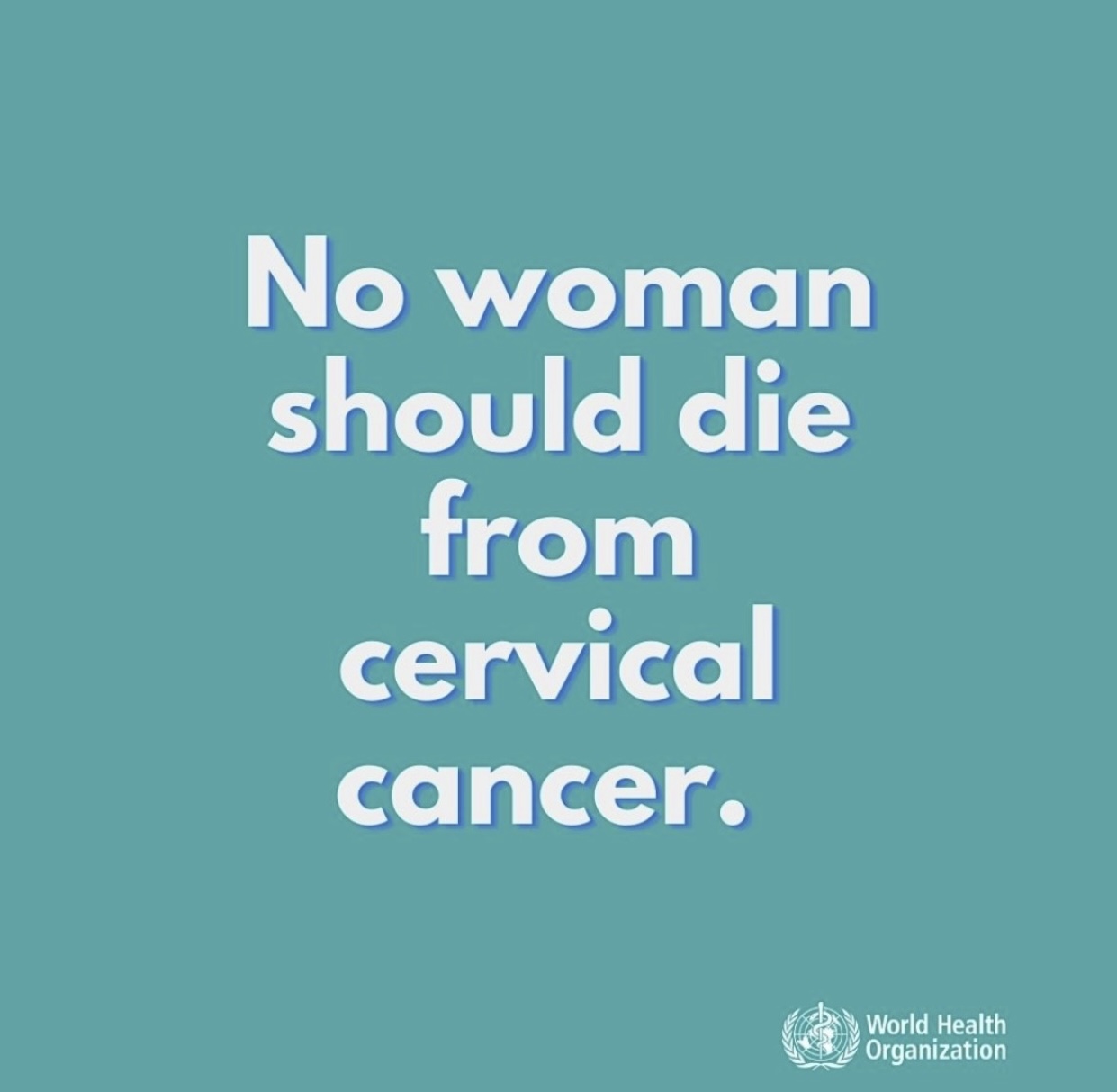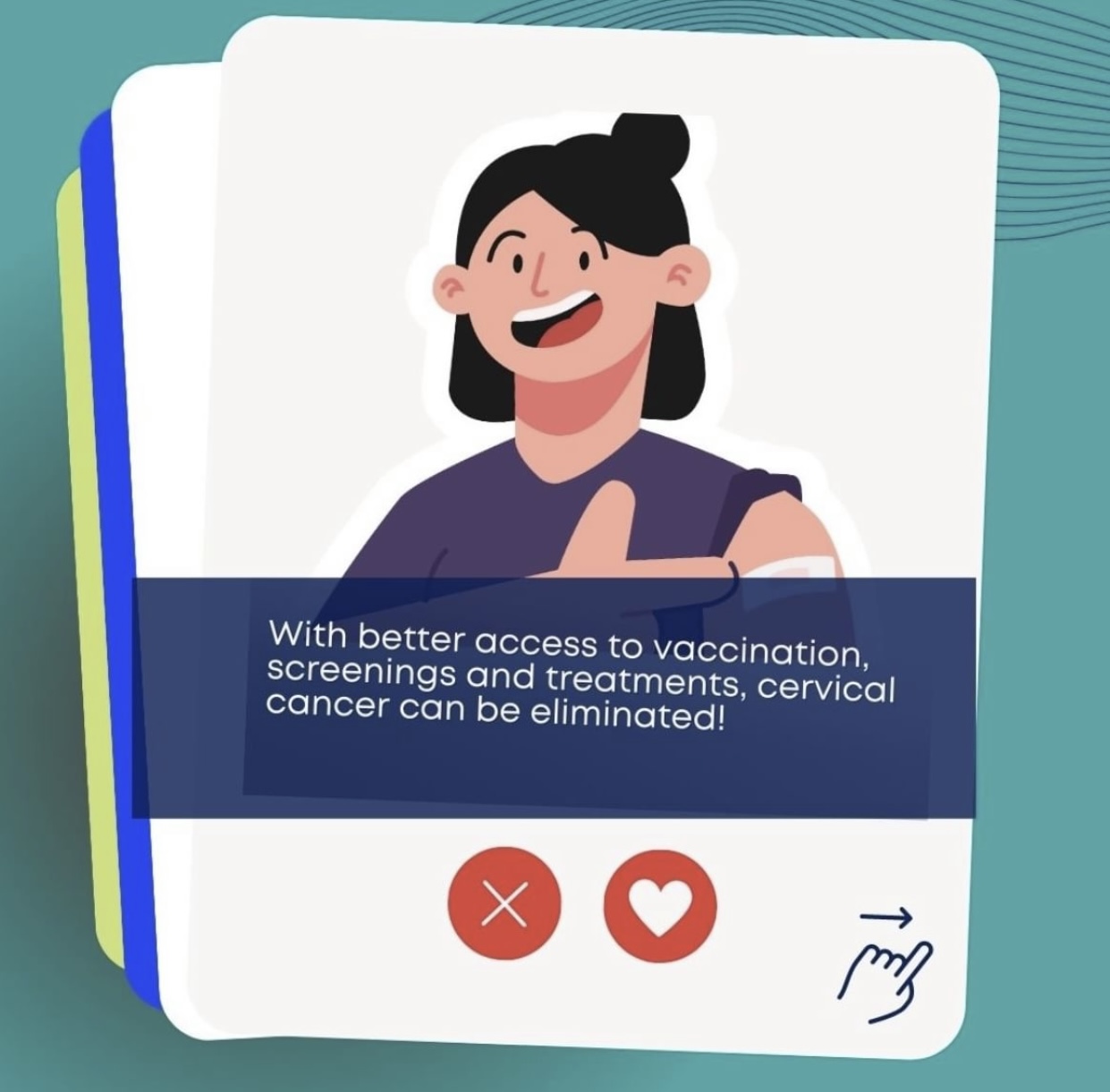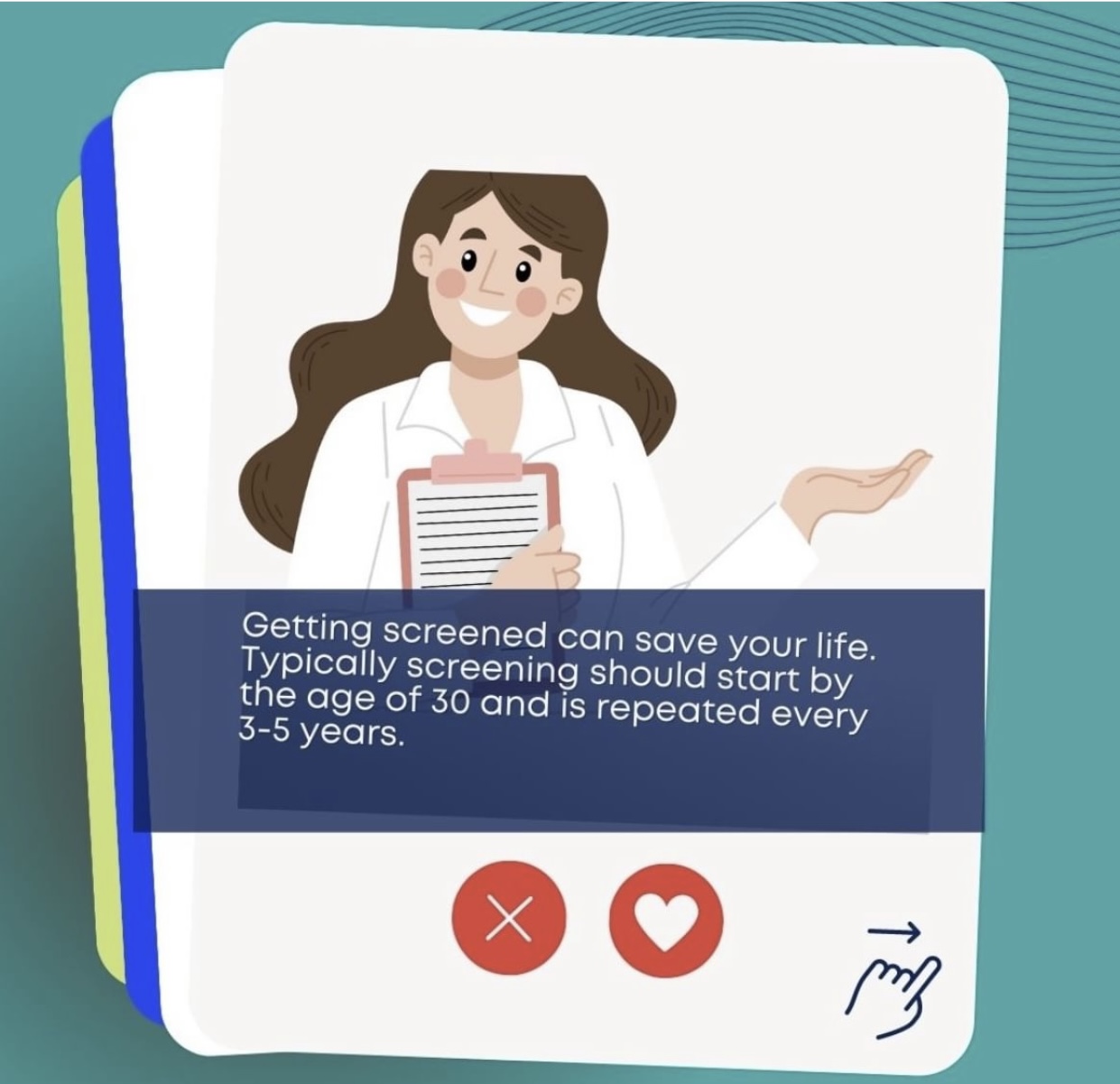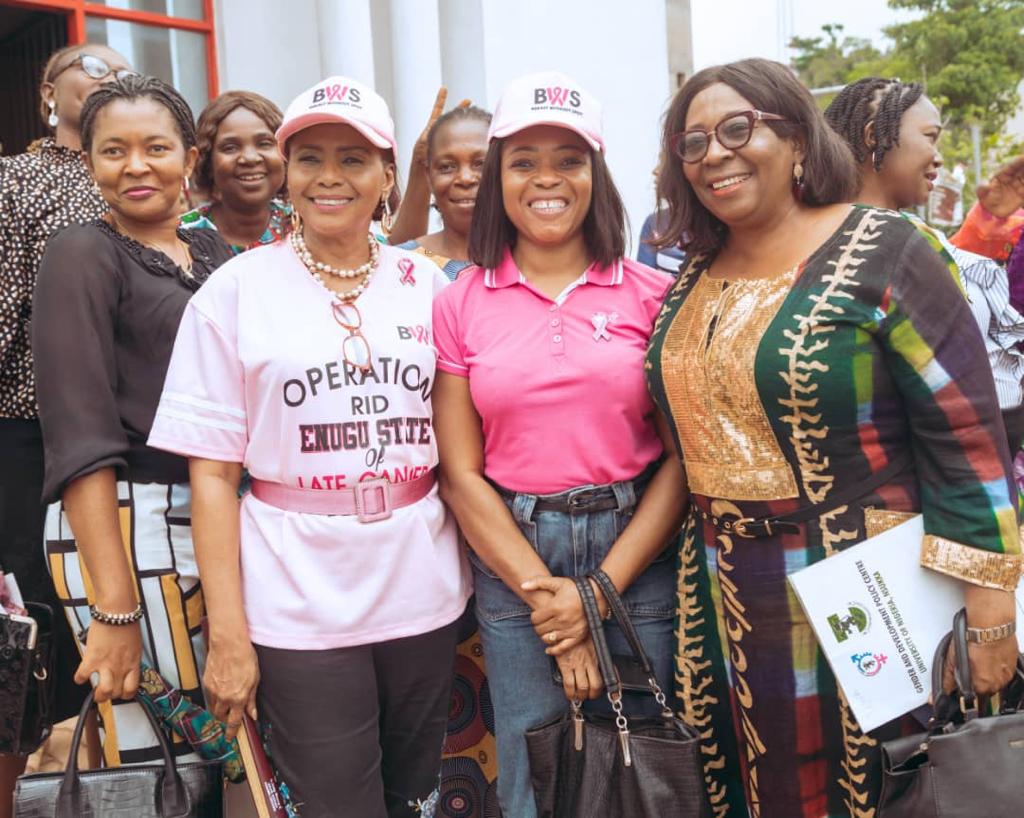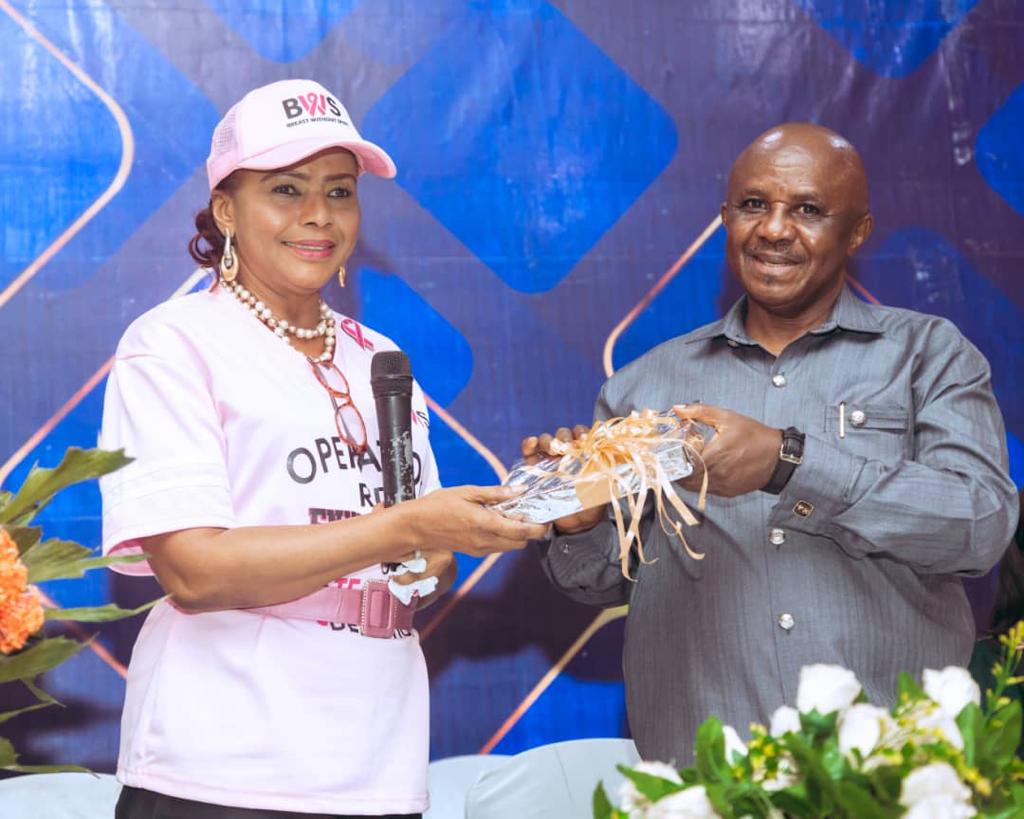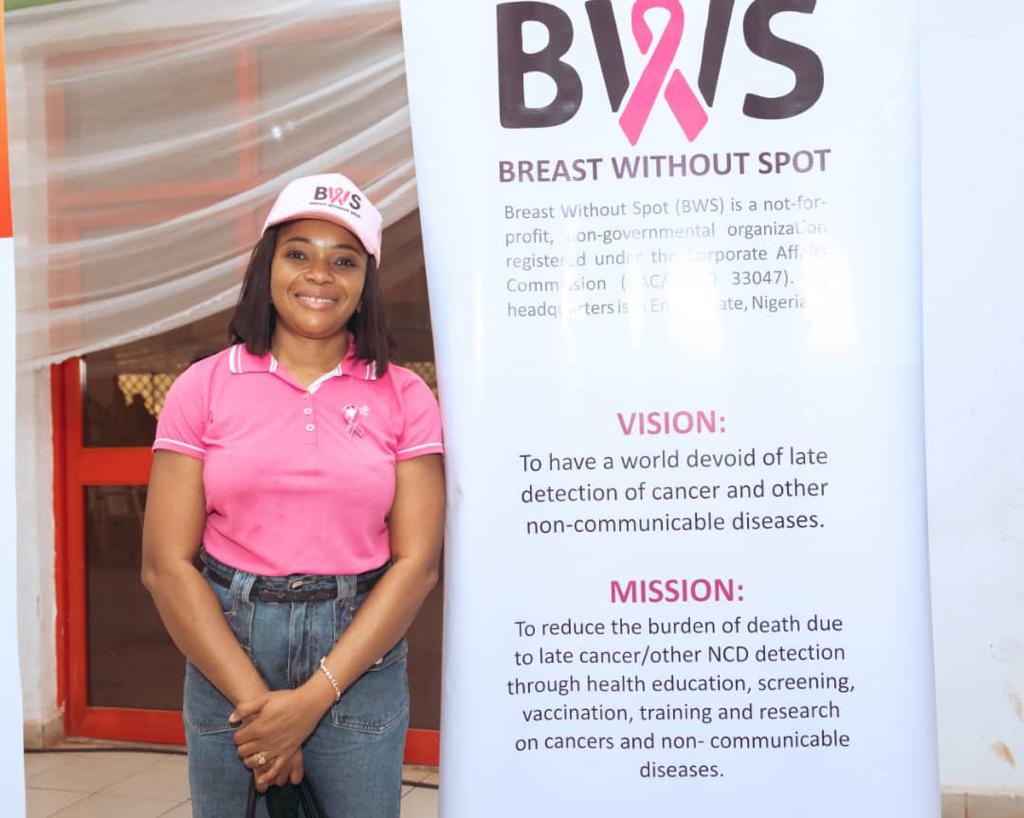Breaking Barriers: Empowering Developing Countries to Eliminate Cervical Cancer
Cervical cancer, a preventable and treatable disease, continues to claim the lives of thousands of women worldwide, particularly in developing countries where access to healthcare and resources is limited. However, hope is on the horizon as the Union for International Cancer Control (UICC) joins forces with global partners to combat this devastating disease. In this blog post, we will explore how the UICC is working to eliminate cervical cancer in developing countries and highlight key strategies to empower women and ensure a brighter, healthier future for all.
Raising Awareness:
One of the foremost steps in tackling cervical cancer is raising awareness about its causes, symptoms, and available prevention methods. The UICC, through its partnership with local organizations and healthcare professionals, launches widespread education campaigns in developing countries. These campaigns focus on informing women about the importance of regular screenings, HPV vaccination, and early detection. By equipping women with knowledge, we empower them to make informed decisions regarding their health.
Strengthening Healthcare Infrastructure:
Developing countries often face numerous challenges when it comes to healthcare infrastructure, including limited resources and a shortage of skilled medical professionals. The UICC works closely with governments and local authorities to address these issues. By advocating for increased funding and resources, they support the establishment of well-equipped clinics, training programs for healthcare workers, and the availability of affordable screening and treatment options. Strengthening the healthcare infrastructure is vital to ensure access to quality care for all women, regardless of their socioeconomic status.
Promoting Vaccination Programs:
Human papillomavirus (HPV) is the leading cause of cervical cancer, and vaccination against HPV has proven to be highly effective in preventing the disease. The UICC actively collaborates with governments, NGOs, and pharmaceutical companies to facilitate the distribution of HPV vaccines to developing countries. By advocating for affordable and accessible vaccination programs, the UICC aims to protect girls and women from the most common cancer-causing strains of HPV, thereby significantly reducing the incidence of cervical cancer.
Encouraging Screening and Early Detection:
Regular screening plays a pivotal role in detecting precancerous lesions or early-stage cervical cancer when treatment is most effective. However, many women in developing countries lack access to screening facilities. The UICC supports the implementation of cost-effective screening methods such as visual inspection with acetic acid (VIA) or HPV testing in low-resource settings. By training healthcare professionals and establishing screening programs, they aim to make screening services available even in remote areas.
Facilitating Treatment and Care:
Timely and affordable treatment is essential for women diagnosed with cervical cancer. However, in many developing countries, access to treatment and palliative care remains a challenge. The UICC collaborates with local healthcare systems to ensure that adequate treatment options, including surgery, radiation therapy, and chemotherapy, are available and accessible to all women in need. Additionally, they advocate for the integration of palliative care services to enhance the quality of life for patients and their families.
Conclusion:
The fight against cervical cancer in developing countries requires a collective effort, and the Union for International Cancer Control is at the forefront of this battle. By raising awareness, strengthening healthcare infrastructure, promoting vaccination programs, encouraging screening and early detection, and facilitating treatment and care, the UICC is transforming the landscape of cervical cancer prevention and control. Together, we can eliminate cervical cancer, saving countless lives and empowering women to lead healthier and brighter futures. Let us stand united in this mission and ensure that no woman is left behind in the fight against cervical cancer.

